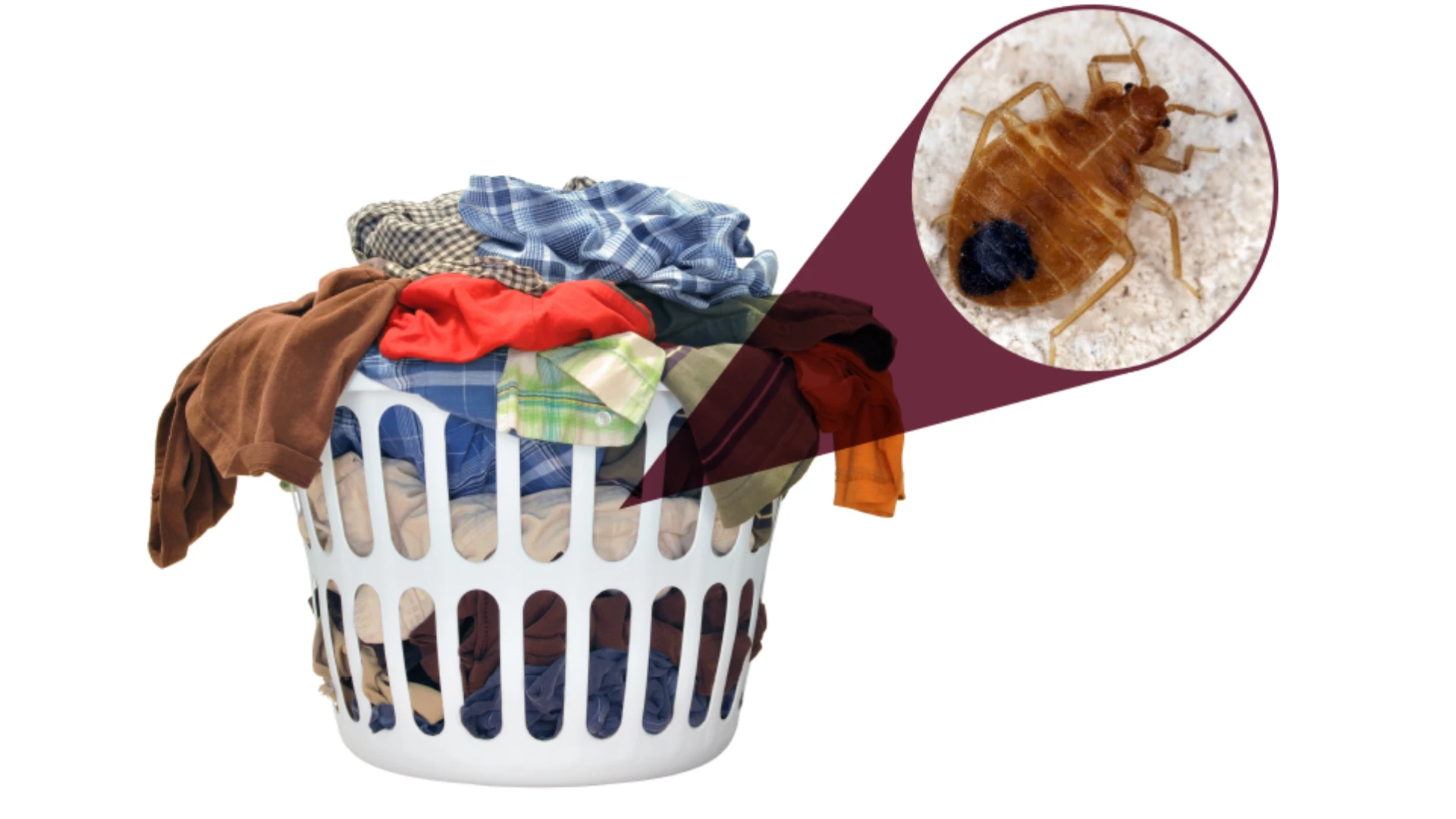
Vaguely aware of dusk approaching, I was sitting at the kitchen counter grading homework. Normally, I don’t like to stop in the middle of a paper, but I heard a clarion call that made me bolt for the door without a second thought — the rasping two-note hank-honk, hank-honk of Canada geese overhead. This tune never fails to strum my wanderlust strings and I responded instinctively.
My disappointment at not being able to sprout feathers and tag along was tempered by the fact that I could tell this flock wasn’t going very far. They were resident geese, a relatively new concept that refers to birds that hang around all year long. The urge for going, it seems, does not reside in the heart of every Canada goose.
Scientists used to think migration was an undeniable impulse. This idea gained strength following experiments in which some species of wild birds were raised in captivity under circumstances that prevented them from experiencing environmental signals, yet they continued to behave like their uncaged brethren. For example, when allowed to fly, they demonstrated a preference for the same direction as the migratory path their species-mates were navigating. The urge for going is strong among many birds, including warblers and vireos, northern pintails and blue-winged teals. Canada geese, however, seem able to take migration or leave it, at least those living in the burgs and ’burbs.
Wildlife biologists are supposed to take a dim view of anthropomorphism, but when I observe a flock of resident geese overwintering my overactive mind hears an urban waterfowl couple discussing their travel plans, ala Pixar:
Goose (voiced by Betty White): Dear, I’ve been thinking…wouldn’t it be nice to skip the move down South and just stay put this year?
Gander (voiced by Robert Duvall): Now, Mother, what’s gotten into that feathered head of yours? We can’t just skip migration! It’s a tradition in our family that goes back more generations than anyone can count! What would the rest of the flock say?!
Goose: Some of the flock did stay behind last year, you know, and it worked out just fine. Travel is so metabolically expensive…maybe it would be smart to consider a staycation. Just think about it. That’s all I ask.
One feature of the urban landscape that makes winter survival easier for resident geese, even in northern states, is the heat island effect. Cities have a lot of thermal mass. According to the U.S. EPA, evening temperature differences can be as large as 22°F (12°C). That means lakes and ponds freeze over less often — an appealing feature for waterfowl. And the food supply at a park or on a golf course is plentiful year-round.
When faced with the question, “Should I stay or should I go?” more and more geese are choosing to stay. And why not?
How did I know the geese winging past my door were year-round neighbors? Migrating geese can be seen flying high and fast unless they’re heading down to rest and refuel. My geese were flying low and slow, gaining altitude only when necessary to avoid colliding with power lines and apartment buildings. Knowing I’d see them again if I keep my ears open, I bid them goodnight, said hello to the nearly full moon, and stepped back inside to grade…and dream of flight.
Dr. Kieran Lindsey loves looking for wild things in all the wrong places…so she became an urban wildlife biologist. She also has way too much fun as the official Animal-Vehicle Biologist for NPR’s “Car Talk.” Read her blog at www.nextdoor nature.org.

Explore the April 2017 Issue
Check out more from this issue and find your next story to read.
Latest from Pest Control Technology
- Rentokil Terminix Expanded in Key Markets with 2024 Acquisitions
- In Memoriam: Joe Cavender
- Certus Acquires Green Wave Pest Solutions
- Liphatech Adds Alex Blahnik to Technical Team
- Do the Right Sting: Stinging Insect Identification, Management, and Safety
- VAGA's 8th Annual Veterans Thanksgiving Appreciation Dinner
- Clark's Blair Smith on the Response to Increased Dengue Fever Cases in Southern California
- WSDA, USDA Announce Eradication of Northern Giant Hornet from U.S.





